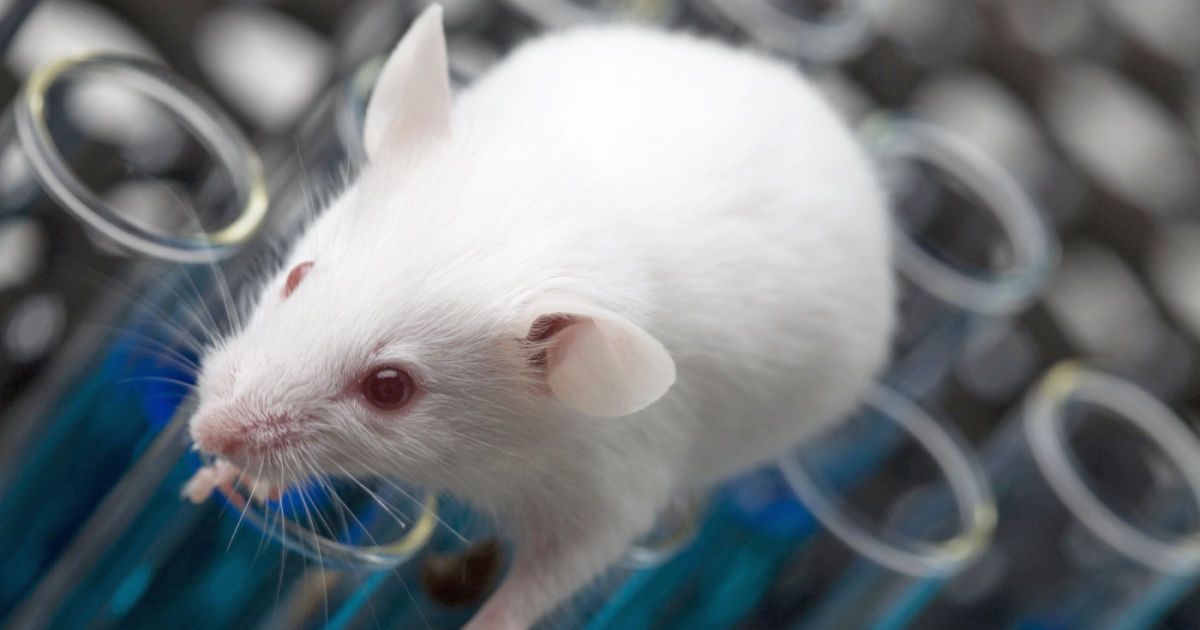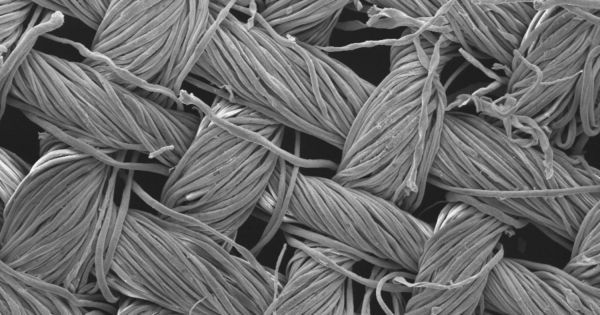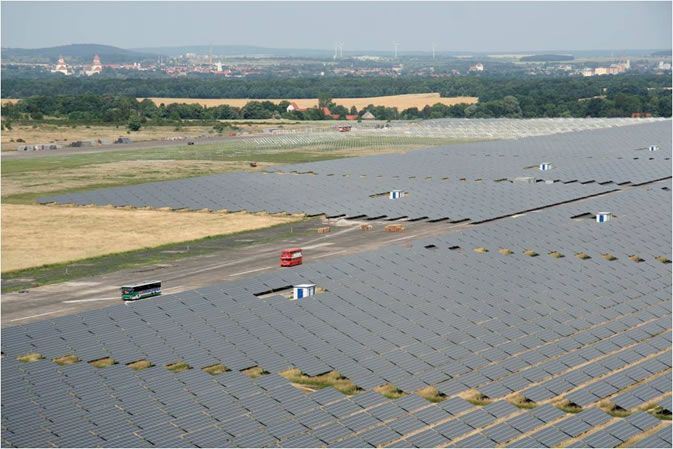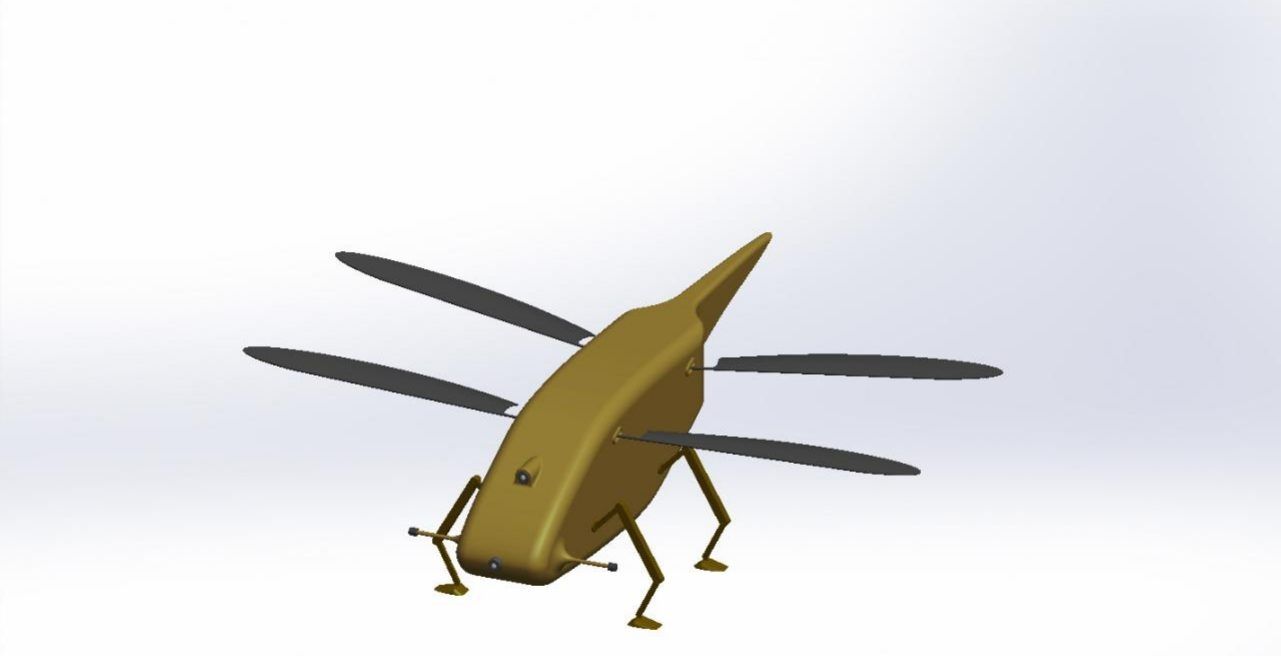Page 10880
Aug 15, 2016
Researchers devise method for bone marrow transplants without using chemotherapy
Posted by Shailesh Prasad in category: biotech/medical
Scientists have devised a way to destroy blood stem cells in mice without using chemotherapy or radiotherapy, both of which have toxic side effects.
Aug 15, 2016
It’s Time for Fancy Apartments to Offer Balconies for Drone Landings
Posted by Shailesh Prasad in categories: drones, habitats
Make no mistake: Drones are coming, and they’re going to change a lot of things about how we shape our lives. So why shouldn’t we change how we shape our buildings to get ready for them?
Early adopters will probably buy personal flying vehicles in the not too distant future. Some models are being developed as we speak. Maybe an innovative architectural firm will even pitch the idea of building a ‘drone-ready’ condo tower in Japan or Dubai in the coming months—and maybe it will sell faster than we think.
Aug 15, 2016
A New Vaccine Can Be Customized To Fight Just About Anything!
Posted by Shailesh Prasad in category: biotech/medical
Aug 15, 2016
Scientists extend the lifespan of mice
Posted by Shailesh Prasad in category: life extension
Aug 15, 2016
Self-Healing Textile: Welcome to the Age of Clothes That Can Heal Themselves
Posted by Shailesh Prasad in categories: innovation, materials
Researchers have developed a liquid material that repairs torn clothes, and it it able to withstand subsequent washes in a washing machine.
Every invention starts with an idea. And a group of researchers at Pennsylvania State University have a rather great idea—making a piece of torn fabric heal itself.
After years of working on the concept, the team is more than pleased to have created a biodegradable liquid material that allows torn fabric to bind to itself back together, sans needles.
Continue reading “Self-Healing Textile: Welcome to the Age of Clothes That Can Heal Themselves” »
Aug 15, 2016
Japan firm marks one small step for solar energy in space
Posted by Klaus Baldauf in categories: solar power, space, sustainability
A major Japanese machinery company said Friday that it has succeeded in transmitting energy wirelessly, marking a step toward making solar power generation in space a reality.
Mitsubishi Heavy Industries said it used microwave technology to send 10 kilowatts of power—enough to run a set of conventional kitchen appliances—through the air to a receiver 500 metres (1,640 feet) away.
Wireless power transmission is currently under development as the core technology to tap the vast amount of solar energy available in space and use it on Earth.
Aug 15, 2016
Dragonfly drones and lasers: Britain invests £800m in next generation of military technology
Posted by Klaus Baldauf in categories: drones, military, neuroscience
Britain will spend more than £800million funding next-generation military technology including tiny “dragonfly drones” for gathering intelligence and laser weapons to eliminate missiles.
Michael Fallon, the Defence Secretary, will today announce an innovation unit which will encourage individuals and companies to pitch ideas to a panel of experts. The best ideas will be fast-tracked with the support of an £800million fund over the next decade.
Projects which will be funded include a “micro-drone” with tiny flapping wings inspired by the biology of a dragon fly, which could have a “huge impact” on operations in urban environments.
Aug 14, 2016
NASA researchers are working on a laser propulsion system that could get to Mars in 3 days
Posted by Klaus Baldauf in category: space travel
The one thing still holding us back from interstellar travel is our slow spacecraft and researcher are working on solving this. With our present technology, it will take around five months to reach Mars. But NASA scientist Philip Lubin is working on a system where lasers propel spaceship with massive sails to the Red Planet in only a time period of three days.

Pretty much like Bill Nye’s much-hyped solar sail, this ‘photonic propulsion’ system count on on the momentum of photons to move forward. But as an alternative of photons from the Sun’s rays, Lubin’s system would use a push by huge Earth-based lasers.


















